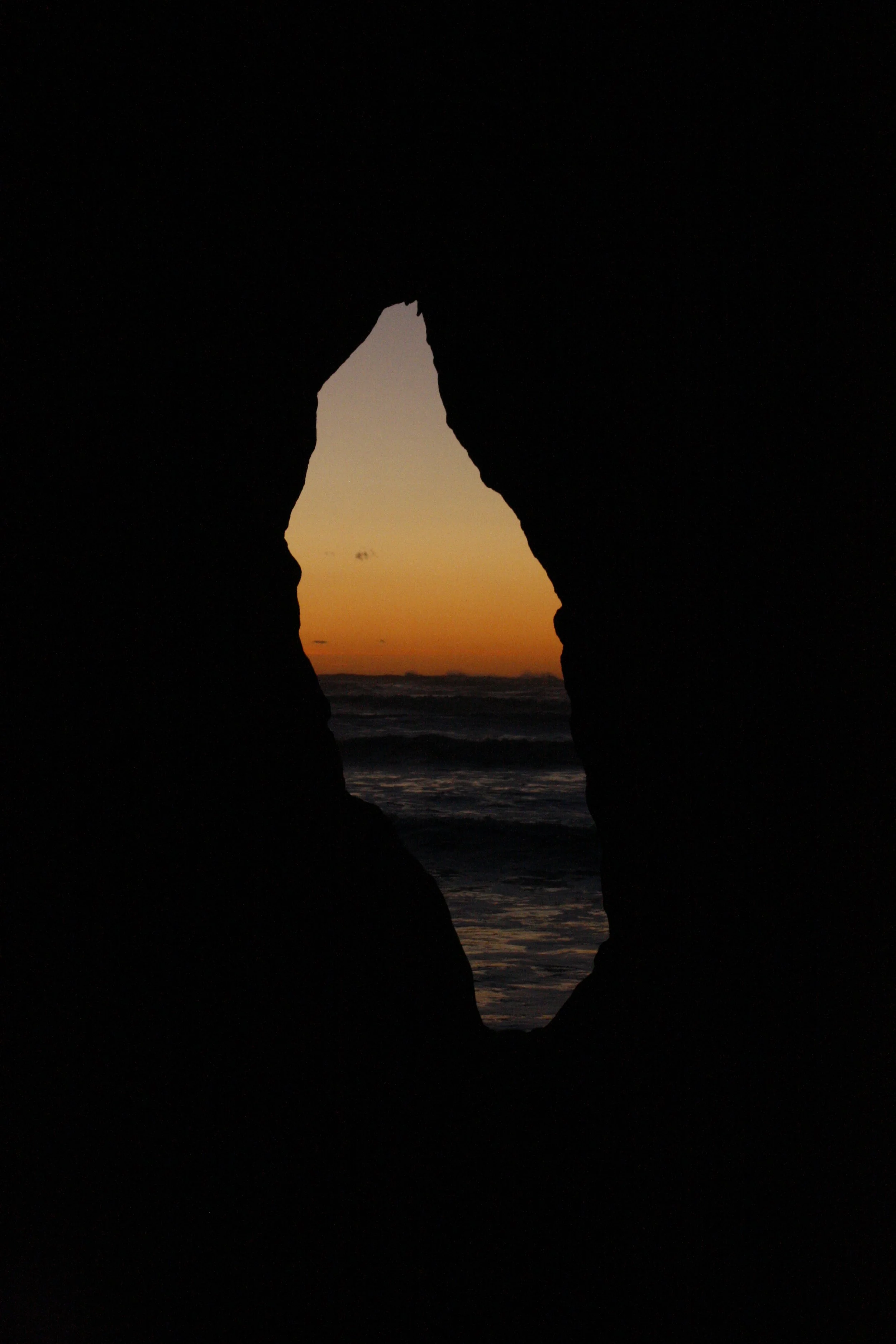A Good Question
As the foundation on which your project is built, a good question can make or break your research. When meeting with a mentor or faculty member, a strong question demonstrates that you have thoroughly considered your topic and are serious about your research. It also helps them grasp your focus quickly, making it easier for them to provide valuable guidance. Your question should be:
One You Don’t Know the Answer To: The purpose of research is to explore the unknown. If the question addresses something already well-researched and understood ("How does social media affect mental health?"), it may not offer new insights.
Specific Enough to be Answerable: A research question should be manageable. If it’s too broad (“How does pollution affect the ocean?”), it can be overwhelming and impractical to answer thoroughly. A more focused question would be something like “How does agricultural runoff affect trout populations in the lower Gallatin river?”
Not too specific: While specificity is important, a research question that is too narrow (“How does agricultural runoff from Blip Jorden’s tomato garden effect trout that feed under Ferry Bridge?”) can limit your ability to find sufficient data. And, if the question doesn’t have enough scope for meaningful analysis, you may not be able to apply your findings.
Your Research Question
This is a questionnaire to help develop your question—to give you some direction. Try to thoroughly answer as many as you can. If these questions are easy, you may be in a good position to write a proposal.
Topic
What topics do you find interesting and why?
What specific aspects of this topic do you find intriguing or problematic?
Current Knowledge
What do you already know about this topic?
What areas seem to lack sufficient research or are controversial?
What unanswered questions do you have about this topic?
Narrowing the Scope
How would answering your research question contribute to a better understanding of the field or solve a specific problem?
Is it specific enough to be answered thoroughly but not so narrow that you won't find enough information?
Materials
Do you have access to the data, resources, or literature needed to investigate this topic?
Are there any time or resource constraints that could limit your research?
Creating the Question
Can you phrase your question in a way that requires analysis, evaluation, or interpretation rather than a simple "yes" or "no" answer?
What is your specific question?
Good Question Examples
How does N and P pollution from agricultural runoff impact the trout breeding habits in the upper Mississippi River?
How does sleep quality affect the ability of college students to retain verbal information in evening classes?
What ways can desert landscaping be utilized to aid emotional recovery in hospitals located in arid biomes that do not naturally grow many plants.
How does the use of educational technology tools in high school classrooms impact student engagement in remedial, and ELL classes.
How does using live worms as bait compare to artificial lures in terms of the catch rate for lake trout in Lake Padden during the summer?
How does prolonged exposure to blue light impact pupil size among young adults compared to those who use their phones for less than one hour a day?
How does the placement of the whiteboard at the front versus at each side of the classroom influence student engagement and information retention in seminar classes?
How does media coverage of sustainability-related topics in small local newspapers, zines, or chapbooks influence attitudes towards environmental policies in low income communities?
Bad Question Examples
Too Broad:
How is pollution affecting rivers?
How does sleep affect study habits?
What effect does green space have on mental health?
Is technology useful?
Yes or No:
Are you more likely to catch lake trout with worms as bait?
Does using a phone for more than three hours a day cause your pupils to shrink?
Too Narrow or Specific:
How does the use of whiteboards affect Professor Riley’s students learning outcomes in her 10:00AM class?
How does the use of the word 'sustainability' in the New York Times articles published in January 2023 influence public perception in Brooklyn, NY?

